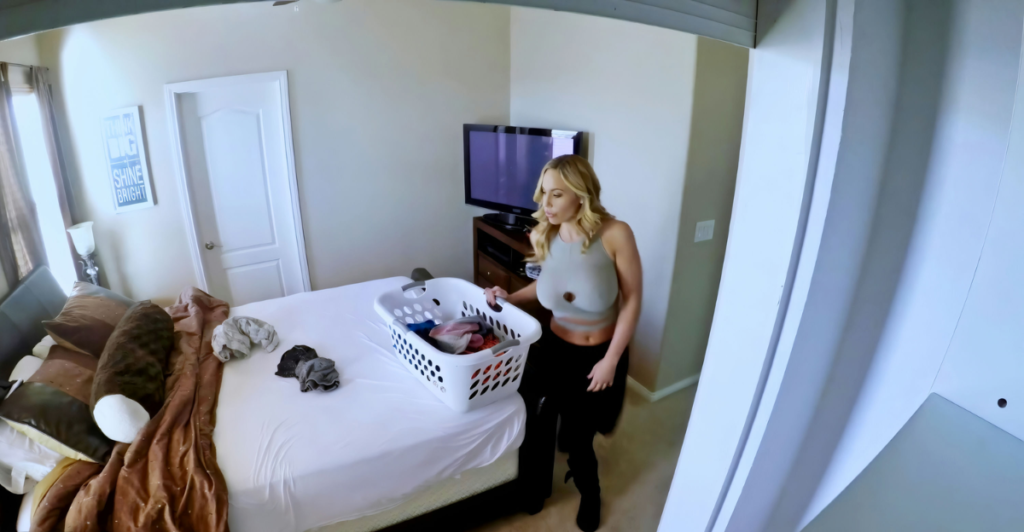
You might regard your house cleaner as a mute aide, whose only interest is tidying up your space, de-cluttering as they go. But professionally employed cleaners will absorb more than dirt—they will take note of more than expected.
A trained eye slices through disorganization, sensing the private cadence of your life in a way you likely aren’t aware of. From how frequently you shower to whether or not you’ve recently been crying, your cleaner is privy to more than you might think.
Their insights aren’t necessarily judgments but a mere side-effect of their profession. Let’s explore nine subtle but revealing truths your cleaner likely knows about you—even if you’ve never said a word or left a note on the counter.
1. Your Personal Hygiene Habits
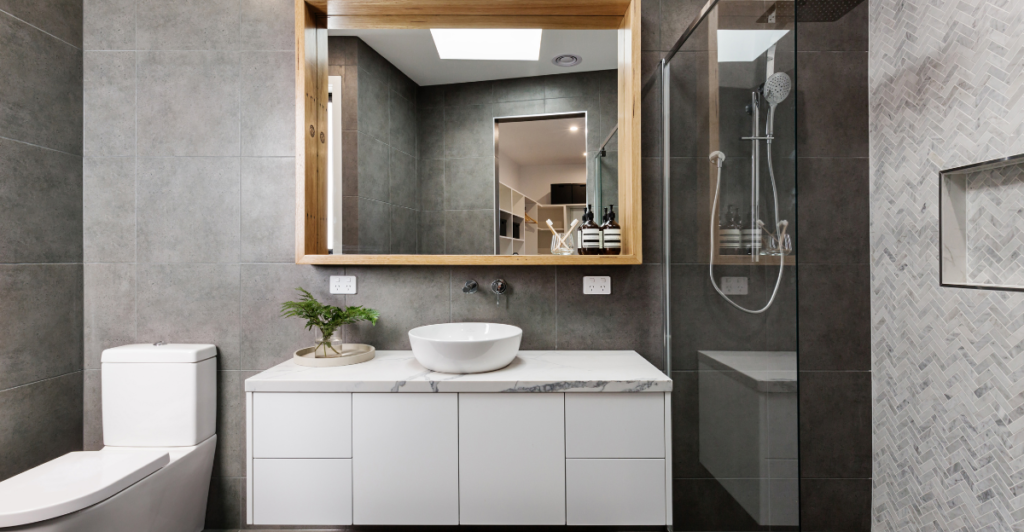
Cleaners don’t need to snoop through medicine cabinets to learn about your hygiene—they just look at your bathroom. Soap scum-crusted showers or pink mildew are usually signs of high usage rather than neglect.
Ironically, cleaner bodies produce the dirtiest bathrooms, and the most sparkling tub in the world could be a sign that it’s never used. Your cleaner will know whether you floss, use makeup, or use essential oils by how much you leave behind.
Toothpaste smears on mirrors, clogged razor heads down the drain, and used but discarded half-packaged face masks all spill secrets. Your bathroom reveals much about your beauty routine—even when you’re not home.
2. Your Organizational Skills
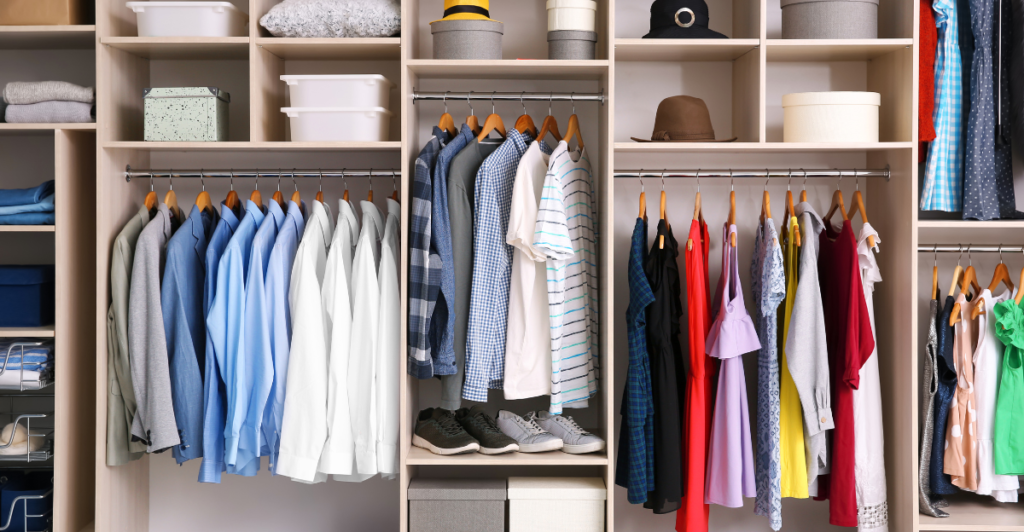
A cleaner doesn’t need to see your calendar to understand your relationship with chaos. Whether your home is neat as a pin or an open plain of clutter, it says more than you realize about how you think.
Beautifully labeled spice racks and rainbow-colored closets signal that structure matters to you, while piles of clutter might suggest a lack of organization or a hectic schedule. However, cleaners can generally tell whether clutter is a function of busyness, distraction, or a genuine struggle with basic functioning.
If you think about it, your methods of organization and general housekeeping are personality blueprints. Where and how you organize your stuff says more about your brain processes than you realize.
3. Your Food Choices
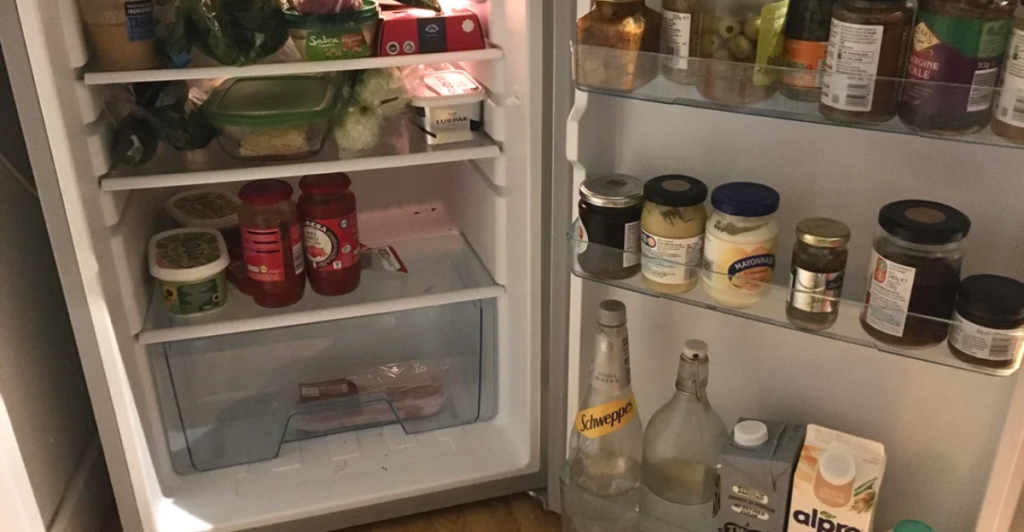
Your trash and fridge contents reveal more than a meal plan. House cleaners catch glimpses of eating habits: kale stalks in compost, wine bottles in recycling, or frozen microwave dinners piled like Tetris in the freezer.
For example, a caked oven suggests infrequent cooking. In contrast, a cluttered spice rack suggests passion in the kitchen, and persistent takeout containers suggest a hectic schedule or disdain for cooking in general.
Do you meal-prep or are you a late-night snacker? Your cleaners aren’t judging, but of all the rooms in your home, the kitchen is most revealing. You eat the way you live, and they see the crumbs.
4. Your Emotional State
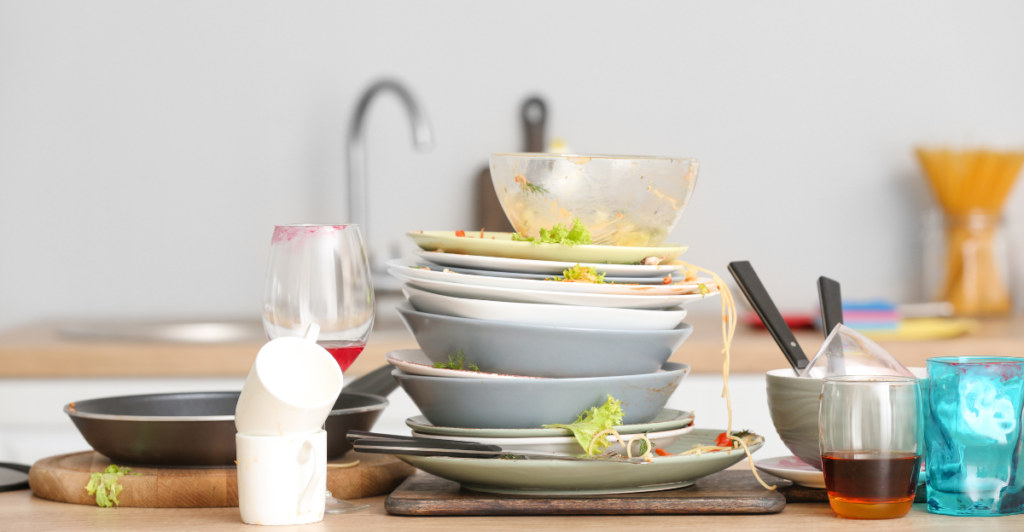
Emotions leave a trace, and cleaners can pick up on mental illness by observing the condition of the home.
For example, depression sometimes manifests itself in mountains of laundry, greasy dishes full of food, or half-done decluttering. Anxiety can be seen in an overly cleaned space or obsessive labeling habits, and grief is often visible in the untouched belongings of lost loved ones.
A house can become a holding cell for unresolved emotions. Even if you’re trying to hide inner turmoil, your cleaning rhythms—or lack thereof—reveal what you’re wrestling with. Cleaners don’t need degrees in psychology to recognize distress.
5. Your Social Life

Forget social media—your home reveals your social standing in more explicit language. Is there a group of coffee cups beside the sink? Two toothbrushes on the wall? Regularly used guest towels? More coasters on the coffee table?
These small signals can also help your cleaners surmise if you’re single, in a relationship, or hosting frequent guests. Even your pet’s behavior can be a sign of visitors, as nervous pets indicate infrequent callers.
On the other hand, unwrapped guest soaps, single glasses and mugs on the sink, or dust-covered, unopened wine bottles can suggest a quieter life. Your cleaner notices who you let into your house—literally.
6. Your Cleaning Habits
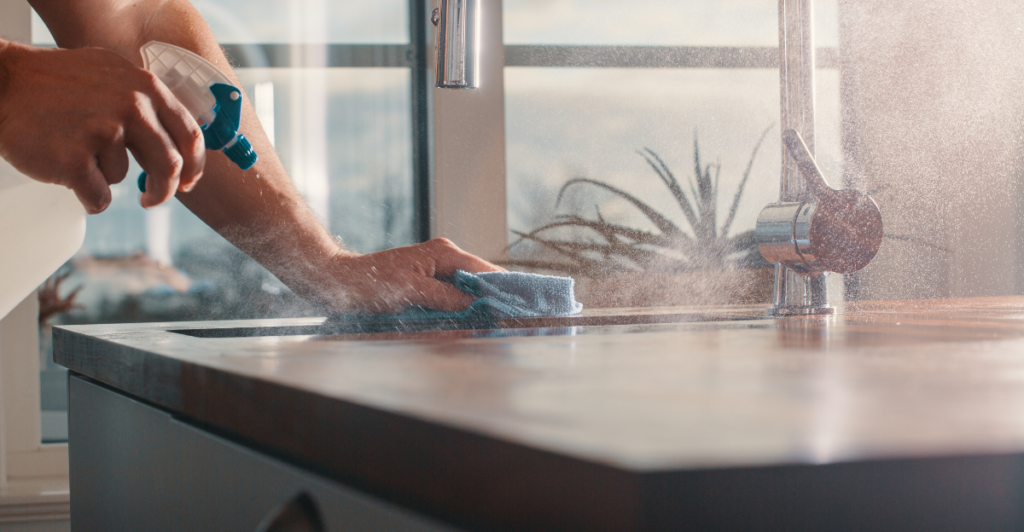
Yes, your cleaner will know if you clean before they arrive—and it’s not always appreciated. Most clients clean up, so they won’t be embarrassed, but that disrupts professional habits. Excessive cleaning may imply anxiety or perfectionism.
Some deliberately leave a mess to “get their money’s worth,” thinking more filth means more value. But professionals see through pretended messes. They’re educated to recognize actual grime vs. theatre messes.
Some even prefer clients who honor their processes over clients who micromanage. Ironically, being too clean is as revealing as being too dirty; it says more than you know.
7. Your Attention to Detail
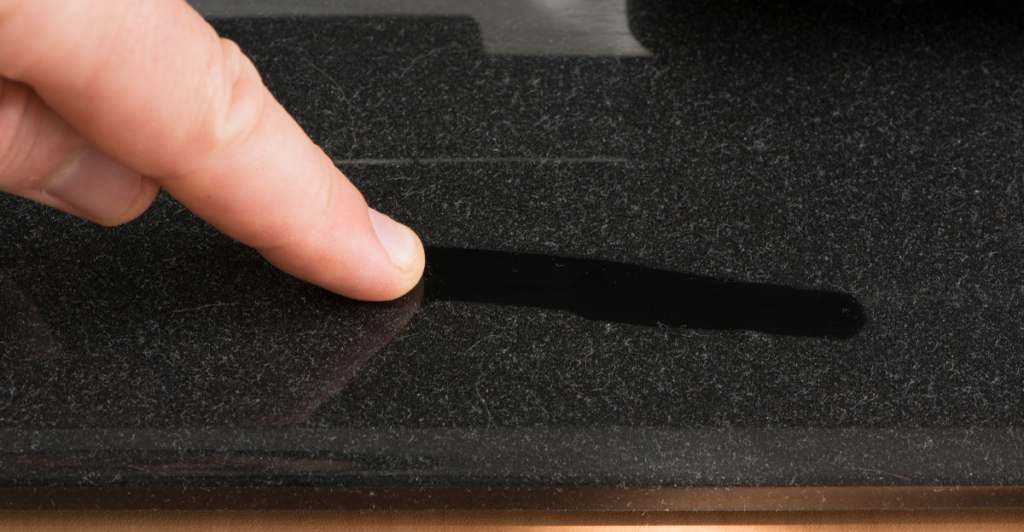
The devil—and your personality—is in the details. Cleaners will notice whether your baseboards are always dusty, light switches are dirty, or cobwebs linger in corners. These small areas tend to reveal whether you notice surface appearances or whether you care about thoroughness.
Customers who always order deep cleans or ask about specific corners tend to prefer a tidier life, while those who never notice missed spots appear to clean as an afterthought.
Cleaners actually utilize these clues to change their style and method of cleaning to match the client. The fact of the matter is: the baseboards rarely lie.
8. Your Technological Acumen
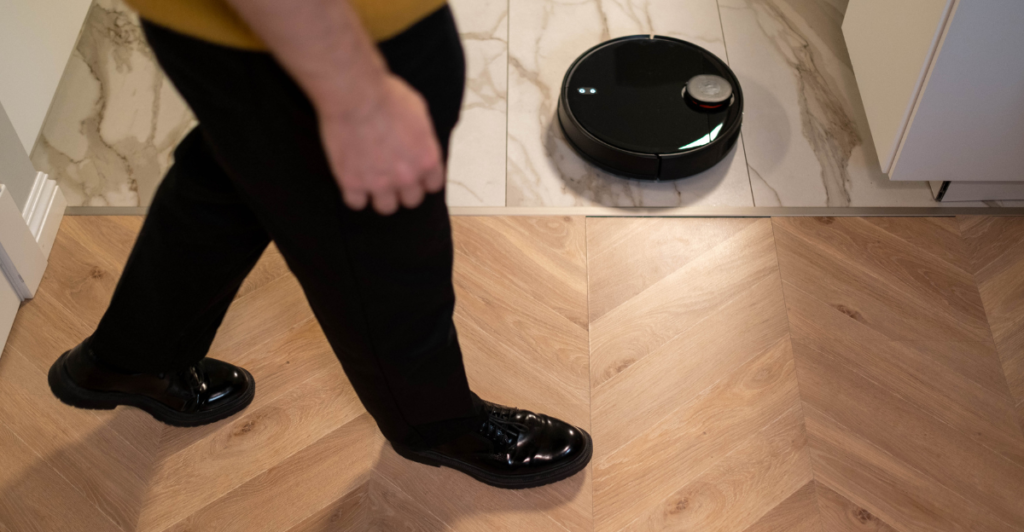
Cleaners are unexpectedly good at recognizing digital natives. Smart assistants, robot vacuums, or touchless faucets in a house signal someone who is technologically savvy. Analog thermostats and traditional alarm clocks signal someone who might be a bit technology-shy.
A cluttered set of charging cables or a tech drawer filled with obsolete devices also signifies digital hoarding. Even how you title your Wi-Fi router or store your remote controls gives something away.
Your devices aren’t just tools—they’re cultural and generational signals about your life that your cleaners will likely notice rather quickly.
9. Your Stress Levels
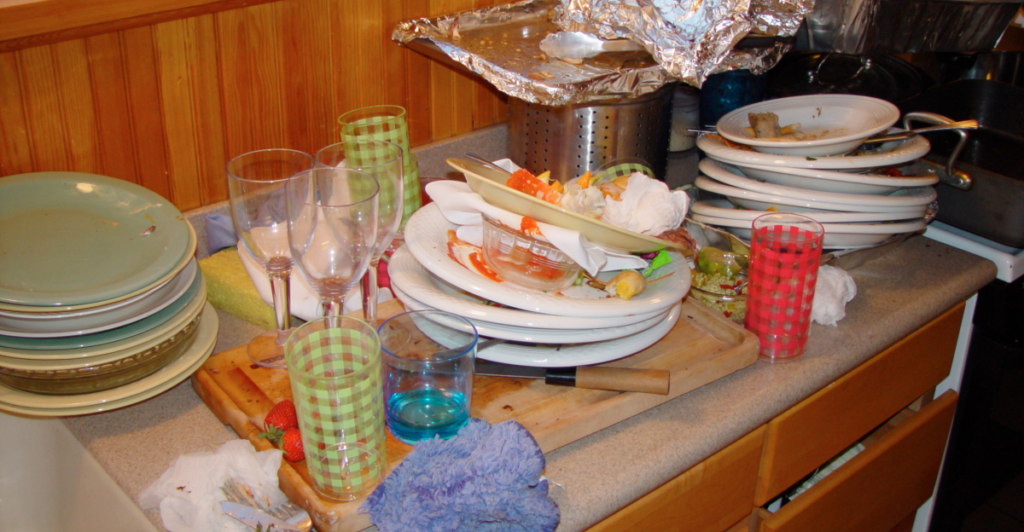
Stress builds up quietly, but your home screams it. A cleaner would most likely read your stress levels from how you maintain (or don’t maintain) your home. Laundry overflowing onto floors, unpaid bills stacked on counters, and moldy leftovers in the fridge suggest you’re overwhelmed.
By contrast, compulsive tidiness may indicate someone trying to regain control. Cleaners sometimes describe stress-laden homes as “tight,” where every surface is rigid and nothing feels lived-in.
For example, a spotless luxury home can be eerily impersonal, like a museum of anxiety. You can hide your stress from your colleagues or friends, but not from your cleaner.
